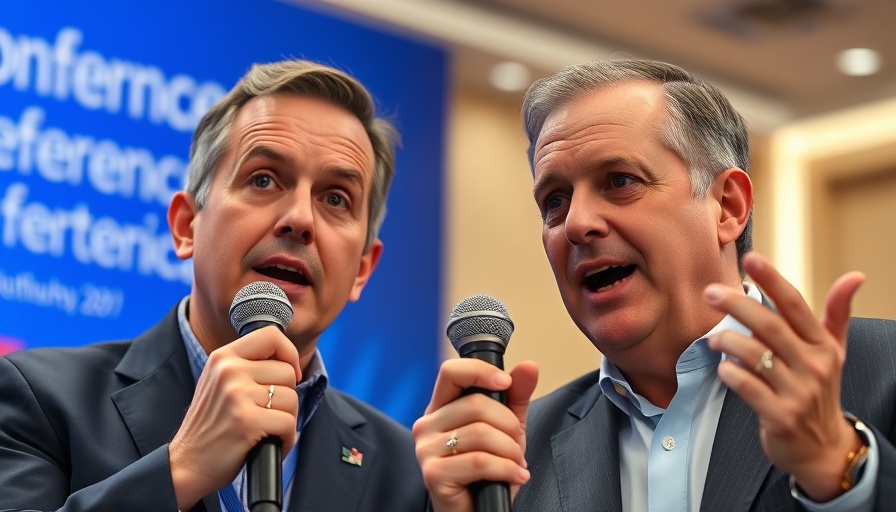
The Unlikely Unity of Musk and Altman
In an unexpected twist, tech titans Elon Musk and Sam Altman have found common ground amid intense legal strife. Their agreement to expedite a trial regarding OpenAI's transition to a for-profit model highlights the deep divisions and evolving interests at play within artificial intelligence's most influential circles.
The Legal Landscape Shifts
Earlier this month, a judge dismissed Musk's attempt to halt OpenAI's restructuring, framing it as "extraordinary and rarely granted." This judicial move clarifies the stakes: the future direction of OpenAI, the billion-dollar AI entity co-founded by Musk, now lies at the mercy of a courtroom battle. In a jointly filed court document, the parties propose a quickened trial date in December, demonstrating both urgency and shared interest in resolving their dispute.
What’s at Stake for OpenAI?
OpenAI's shift to a for-profit model has been met with mixed reactions. Critics, including Musk, argue this transition strays from the organization's original mission of creating AI for the collective good. OpenAI, however, defends the shift as essential to secure the capital needed for pursuing ambitious AI projects. In a recent blog post, the company clarified: "We fully intend to keep the non-profit as a crucial part of our work to achieve our mission... in a stronger position than ever." This assertion brings into focus the crucial balance OpenAI seeks to maintain between profit and purpose, which could shape the broader AI landscape.
Musk's Concerns: A Mission Betrayed?
Musk's legal actions stem from what he describes as a betrayal of OpenAI's founding ideals. Since departing the board in 2018, his criticisms have intensified, revolving around allegations that the shift toward profit compromises the safety and ethical implications of AI. As he recently stated, "We need to evolve OpenAI’s structure," suggesting his vision for balancing innovation with ethical responsibility may conflict with current leadership's approach.
OpenAI’s Defense: Managing Competitive Pressures
The company’s leadership has characterized Musk’s lawsuit as driven more by his competitive interests than by genuine concern for AI ethics. Altman, in response to allegations that OpenAI intends to abandon its non-profit roots, remarked, "He’s wrong when it comes to this baseless, cynically self-serving lawsuit." This highlights not only their commitment to non-profit objectives but also the competitive tension that exists, particularly as Musk has launched his competing AI venture, xAI.
Future Implications: What Lies Ahead?
As the trial date approaches, the implications for AI development and governance could be profound. A ruling favoring the continuation of OpenAI's for-profit structure could pave the way for innovative funding models that challenge traditional non-profit organizations, while unrest from critics could spur calls for tighter regulations within the AI industry. What remains clear is that the outcome of this legal battle could redefine not just OpenAI, but the entire framework within which AI companies operate.
Final Reflections
The unexpected agreement on expedited legal proceedings signals a turning point in the Musk-OpenAI saga. As AI enthusiasts, it's crucial we pay attention not only to the short-term courtroom dynamics but also the broader implications of this trial. The evolving narrative of profit versus purpose within AI paves the way for a pivotal moment in technology’s future. Now more than ever, it is essential to stay informed about these developments that could shape the ethical and operational landscape of artificial intelligence.
 Add Row
Add Row  Add
Add 




 Add Row
Add Row  Add
Add 

Write A Comment